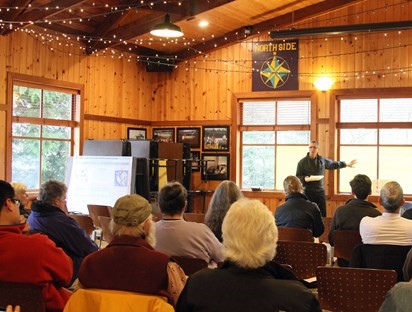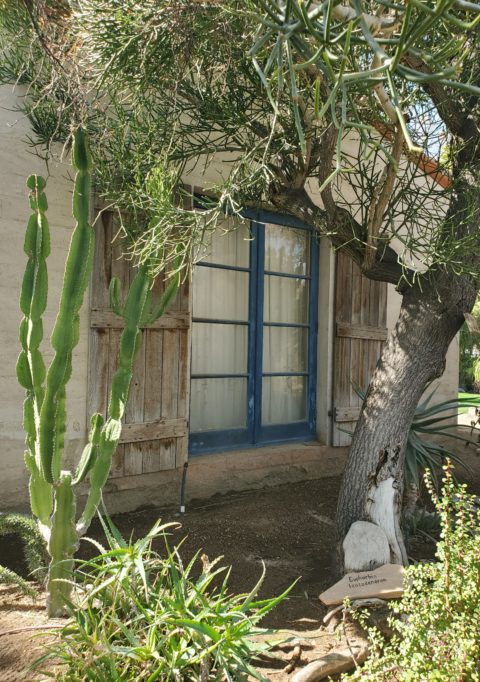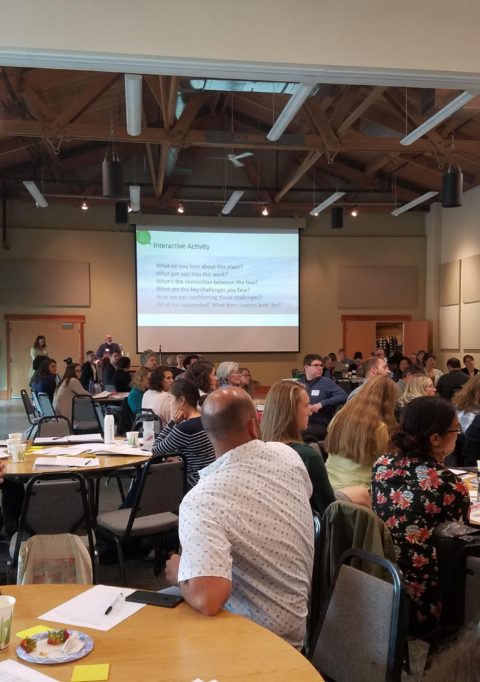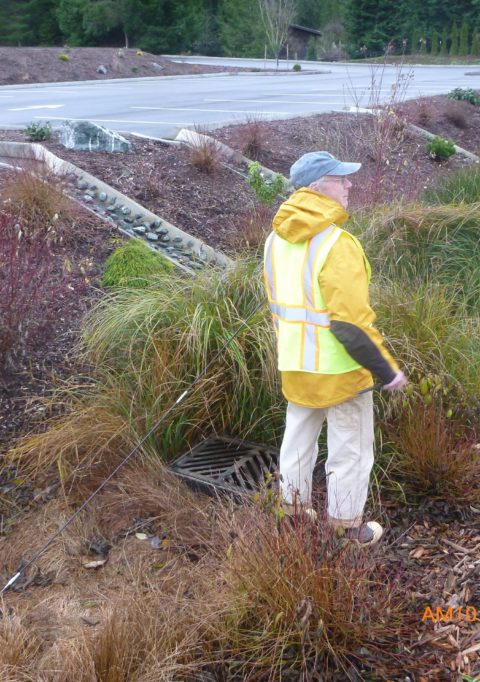Vancouver, Wash. – Maul Foster & Alongi, Inc. (MFA), a leading Pacific Northwest multidisciplinary firm, is excited to announce the acquisition of Peak Sustainability Group, a respected Bellingham, Washington-based firm specializing in climate change and sustainability services. The acquisition of Peak reflects MFA’s ongoing commitment to environmental stewardship and sustainable business practices. This partnership enables MFA…
Electric buses new trend for this decade
The World Resource Institute is launching an electric school bus campaign with funding from the Bezos Earth Fund.
Electrify the entire fleet of U.S. school buses by 2030
The Electric School Bus Initiative at WRI was formed in late 2020, with the support of the Bezos Earth Fund. Through partnerships with a diverse group of stakeholders, the Initiative aims to build unstoppable momentum toward electrifying the entire fleet of U.S. school buses by 2030.
Electric school buses are a win for kids’ health and for climate action
Electric school buses are a good way to achieve lower to net-zero carbon emissions. And there are energy savings as well as better health for those spared of the harmful effects of diesel emissions. Members of WRI’s advisory panel on the campaign had this to say: “These benefits are especially relevant in low-income and rural communities, where young people face long school bus commutes and exposure to air pollution. Children and their developing lungs are particularly vulnerable to the harmful impacts of toxic diesel pollution.”
On the topic of electric busses, The Hill writes, “Electric school buses are a proven technology, and are already on the road in school districts across the country, but they still make up less than 1 percent of the U.S. fleet, with a majority of those in suburban communities. The primary thing preventing them from achieving widespread adoption is funding.”
Electric school buses are trending
The yellow school bus is a symbol. With 480,000 school buses, nationally, transporting our children in them could be a positive way for Americans to experience an effective, efficient, and safe electric vehicle.
The Hill goes on to say, “By ramping up production of electric school buses, technologies and charging infrastructure, the U.S. can drive growth in the domestic electric vehicle value chain beyond just school buses.”
Locally, WTA just purchased two new electric buses
Whatcom Transit Authority just debuted two new electric buses. This Salish Current article makes a good point about our transportation sector’s contribution to greenhouse gas emissions which constitute about 45% of Washington’s GHG emissions. The Northwest Clean Air Agency provided a letter of support when WTA sought grant funding for its electric buses – the first of their kind within Whatcom, Skagit and Island counties.
At $1 million dollars apiece, an electric bus does costs about twice as much as a diesel bus. However, their maintenance over the life of the bus is less. Oil changes are eliminated, maintenance is less, and brakes last four times as long. Also, electricity is expected to be cheaper than diesel. WTA noted that “based on the demand fee charged and the kilowatt usage per mile during driver training, he expects to see the first two electric buses operate at between 40 and 50 cents per mile once in service. Diesel buses are currently using 50 cents worth of fuel per mile.”
New electric bus manufacturer to locate in Whatcom County
In June of 2021, a new electric bus assembly facility was announced to be located in Ferndale, WA. VMC got a grant to build the facility as well. The Washington State Department of Commerce awarded the Regional Economic Partnership at the Port of Bellingham a $300,000 economic development strategic reserve fund grant for the project. VMC’s electric buses can be purchased by state transit agencies. Whatcom News reports that, “Purchased vehicles would then be produced from the planned “Buy American Act” compliant assembly facility in Ferndale that will be capable of producing 1,000 electric, CNG, gas and clean-diesel units annually.”

















